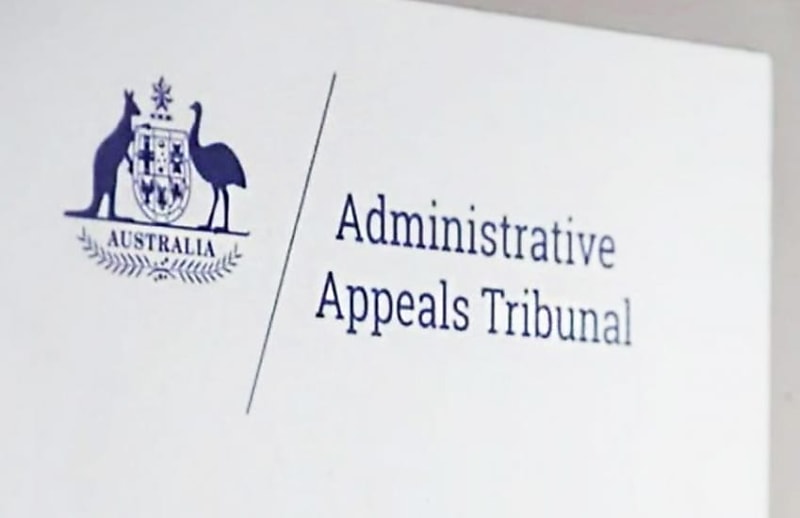A Perth man has been spared a $1.4 million penalty assessment issued by the ATO over his incorrect tax returns after the AAT ruled they were not caused by “reckless” record keeping as alleged by the Commissioner.
Zhan Shan Huang brought an application in the AAT for a review of an assessment objection decision over penalties imposed after an ATO audit of his family trust uncovered $2.9 million in outstanding income tax liabilities dating back to 2014.
AAT deputy president Boyle said in a judgment last week the penalty was “excessive or otherwise incorrect and that the assessment should have been that no penalty was applicable”.
The Commissioner had issued an assessment that applied a 50 per cent shortfall penalty due to Huang’s “reckless disregard” of the Tax Administration Act by failing to keep copies of relevant accounting records and reconciling financial reports.
However, Boyle said he had “difficulty” with the Commissioner’s reasoning.
“That failure to keep the relevant records in breach of s 262A of the ITAA 36, however, did not cause the statements relied on by the Commissioner, namely the income tax returns for the relevant years, to be false or misleading,” he said.
“The claimed falsity of the statements relied on by the Commissioner arose before the claimed reckless act of failing to keep copies of the relevant records. The claimed falsity of the statements that supposedly gave rise to the shortfall, therefore, cannot have resulted from the recklessness relied on by the Commissioner.”
Huang was the sole director of Austin Computers, the corporate trustee for his family trust Rong Family Trust (RFT).
For the year ended 30 June 2014 he declared a trust distribution of -$233,148 from the RFT, a 37 per cent share, and a -$355,606 distribution for the year ended 30 June 2015, a 35 per cent share.
In 2019, the ATO discovered through an audit of the RFT’s GST and income tax compliance between July 2013 to December 2017 that it had lodged incorrect tax returns “when significantly more income was derived”.
This was because the RFT incorrectly claimed GST credits and failed to report the correct amount of business income in its tax returns and BAS, the ATO said.
The ATO advised Huang that “$2,872,087.81 was outstanding as income tax payable; and a tax shortfall penalty of $1,436,043.85 had been imposed”.
Huang challenged the tax assessments for the 2014 and 2015 income years but Boyle held he failed to discharge his burden of proof to show the assessments were excessive or otherwise incorrect.
“The applicant did not support his objection with any evidence that would justify the RFT’s reported cost of goods (COGS) to sales ratio or the discrepancies found in RFT’s imported goods,” Boyle’s judgment read.
However, Huang successfully argued that the ATO had incorrectly applied shortfall penalties.
The ATO imposed the penalty on the basis that he had recklessly failed to keep accounting records, resulting in false or misleading income tax returns, and that his accountant, Stephen Hollyock, failed to reconcile and verify financial reports, MYOB system and income tax returns.
“I do not accept that the evidence establishes that there was such a failure,” Boyle said.
“While the accounting and recording procedures used by the RFT as described by the applicant and Mr Hollyock may have had gaps, and the ability to now test the consequences of any such gaps has been compromised by the failure of the applicant to keep hard copies of certain records, I do not accept that there was a failure to reconcile the financial reports in the way described by the Commissioner. Even if there was a failure as described, I do not accept that it was reckless.”
As a result, the penalty was “excessive or otherwise incorrect and that the assessment should have been that no penalty was applicable”.
“I am therefore satisfied that the applicant has ... thereby discharged the burden of proof,” Boyle said, ruling that Huang’s objection to the penalties should be allowed and that there was no issue to consider the issue of remittance.

 Login
Login








You are not authorised to post comments.
Comments will undergo moderation before they get published.